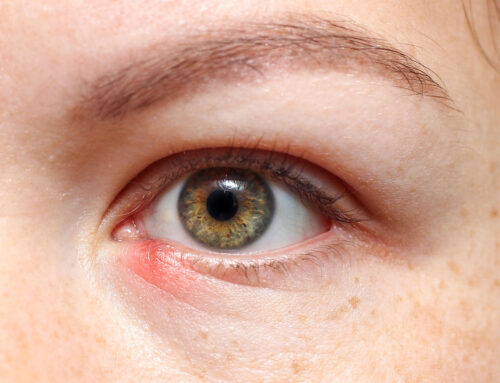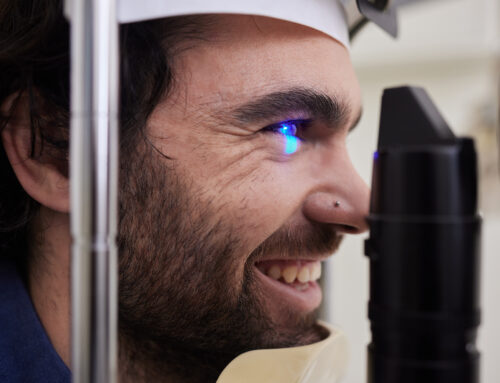It’s normal to have questions about your recovery prior to, or even after, eye surgery. A common line of questions are in regards to travelling post procedure. If you have questions about your eye health, you should talk to an ophthalmologist like the team at Magruder Laser Vision. It’s important to know that there are some times when air travel really could be a danger to your eyes.
If you’ve had any kind of surgery, talk to your doctor about your travel plans. Find out what to expect after your surgery, so you know if you’re having a serious symptom. Consider staying close to home for a few days — or as long as recommended by your doctor — in case a problem comes up. And always keep your follow-up appointments so your doctor can make sure that you are healing as expected.
If you have been diagnosed with an eye condition, ask your ophthalmologist if there are activities you should limit or avoid. Make sure you understand the doctor’s recommendations and ask questions about specific activities if you’re unsure.
Can I fly after LASIK?
Once your doctor has cleared you for normal activities, flying is fine. Just don’t miss your follow-up appointments and pack any necessary drops to keep your eyes from getting dry and uncomfortable.
Can I fly after cataract surgery?
Normal cataract surgery would not pose any problems for air travel, even right away. Once your doctor has cleared you for normal activities, flying is fine. Just don’t miss your follow-up appointments.
What about flying after complicated cataract surgery?
Even if the cataract surgery was more challenging or had complications, flying should be fine, unless air or gas had to be placed in the eye as part of the surgery. Always consult your surgeon regarding travel plans post surgery.
Can I fly after I have my eyes dilated for an eye exam?
Yes, you can fly after you’ve had your eyes dilated. But bring your sunglasses since you’ll be sensitive to light.
Is it safe to fly if I have keratitis?
There is no danger from flying if you have keratitis. But the air inside airplanes can be very dry and make the symptoms of keratitis worse. Be prepared to keep your eyes comfortable with eye drops or other relief methods that work for you.
Can I fly if I’m seeing floaters?
Yes, you can fly with floaters. Flying won’t make your floaters worse, but they can be a sign of a potentially serious retina problem. See an ophthalmologist right away if you have a sudden increase in floaters, preferably prior to your flight.
Still have more questions? Check out our blog for more eye health information or call us at 407-843-5665.




